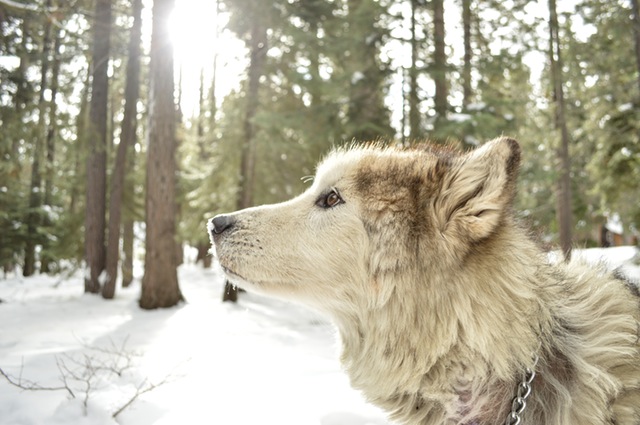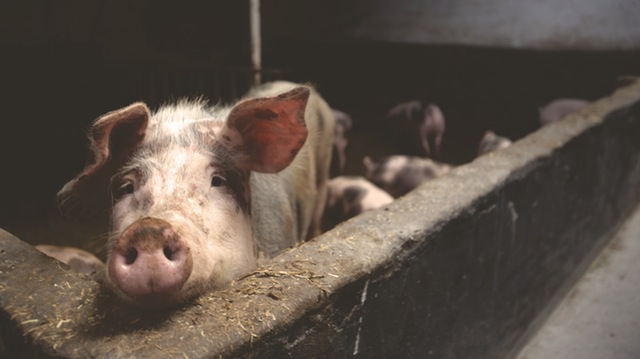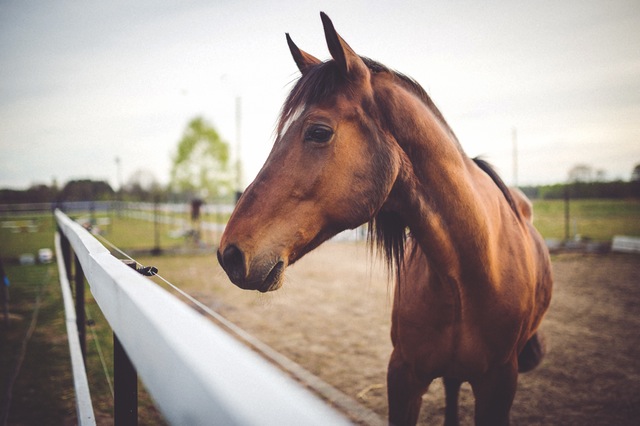Birds’ Rights And Other Animal Idioms in Russian Posted by Maria on May 30, 2016 in language
There are a few idioms referring to animals in Russian. These idioms are used in colloquial speech and expressive writing to get the idea across vividly.
На птичьих правах
Права is, of course, “rights” (singular право). Птичий comes from птица, bird, and means “bird’s.” На птичьих правах means “without a lawful status or claim to something, under the table.”
В юности он жил в подсобке на птичьих правах (In his youth, he squatted in a back room).
Волк свинье не товарищ
Волк is a wolf, and свинья is a pig. Many will have political associations (“comrade”) with товарищ, but, more generally, this word means “a peer, a fellow worker/student, etc.” So the whole saying could be rendered as “a wolf is no match for a pig.” This expression is used to say that two people are of different caliber, backgrounds, or of rungs of society and will not be allowed to do the same things or will not get along. Other variation of this saying include “гусь свинье не товарищ” (a goose is no friend to a pig) or “волк коню не товарищ” (a wolf is no fellow for a horse).”
Когда вышел первый роман моего однокурсника, он перестал отвечать на мои звонки. Волк свинье не товарищ (When my classmate’s first novel was published, he stopped answering my calls. I was no longer good enough for him).
Не в коня корм
Конь is a word for “horse,” along with the more common “лошадь.” Корм is the word for animal feed. Не в коня корм means the feed does not do the horse any good, or, figuratively, that a proposed or undertaken course of action failed to yield desired outcomes.
Мы записали дочь в музыкальную школу, но не в коня корм (We enrolled our daugther in a music school, but it was no good).
Конь не валялся
As we just discussed, конь is a horse. Валяться is to be lying around. This is a colloquial, low-register word, as in “одежда валялась на полу” (clothes were thrown/strewn on the floor). Конь не валялся describes a situation when no work that should have been done has been done.
Отъезд завтра, а у нас еще конь не валялся (We’re leaving tomorrow, and we’re nowhere near ready).
Вот где собака зарыта
Собака, as many will know, is the common word for a dog. Another, less common word, is пёс. Рыть is to dig, so зарыть is its perfective complement, meaning “to dig in, to bury.” The whole phrase means literally “This is where the dog is buried,” and refers to the main point of the argument or the main cause of a situation, similar to “That’s what I’m talking about.”
Вот где собака зарыта! В какой форме ни оказывай социальную помощь, ее все равно, строго говоря, не хватит (That’s the thing — however you provide social assistance, strictly speaking, it will still be insufficient). [Баранов Максим. ДИСКУССИЮ ПОРА СВОРАЧИВАТЬ // Труд-7, 2004.06.18]
Are there any other “animal” idioms you know or like?

Build vocabulary, practice pronunciation, and more with Transparent Language Online. Available anytime, anywhere, on any device.






